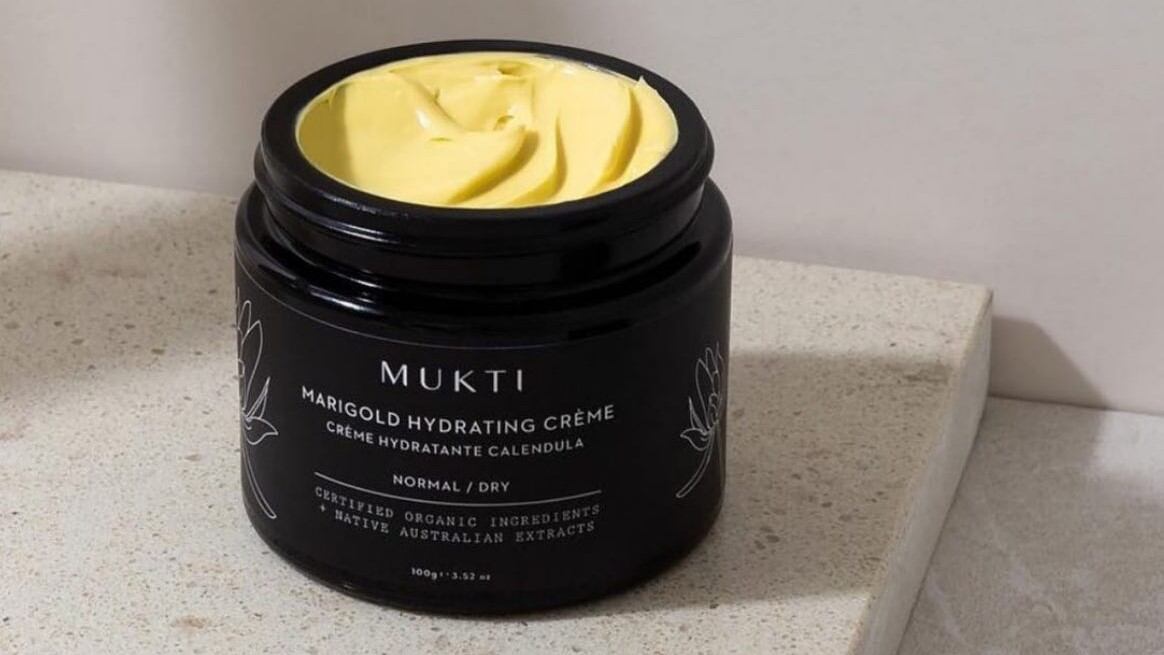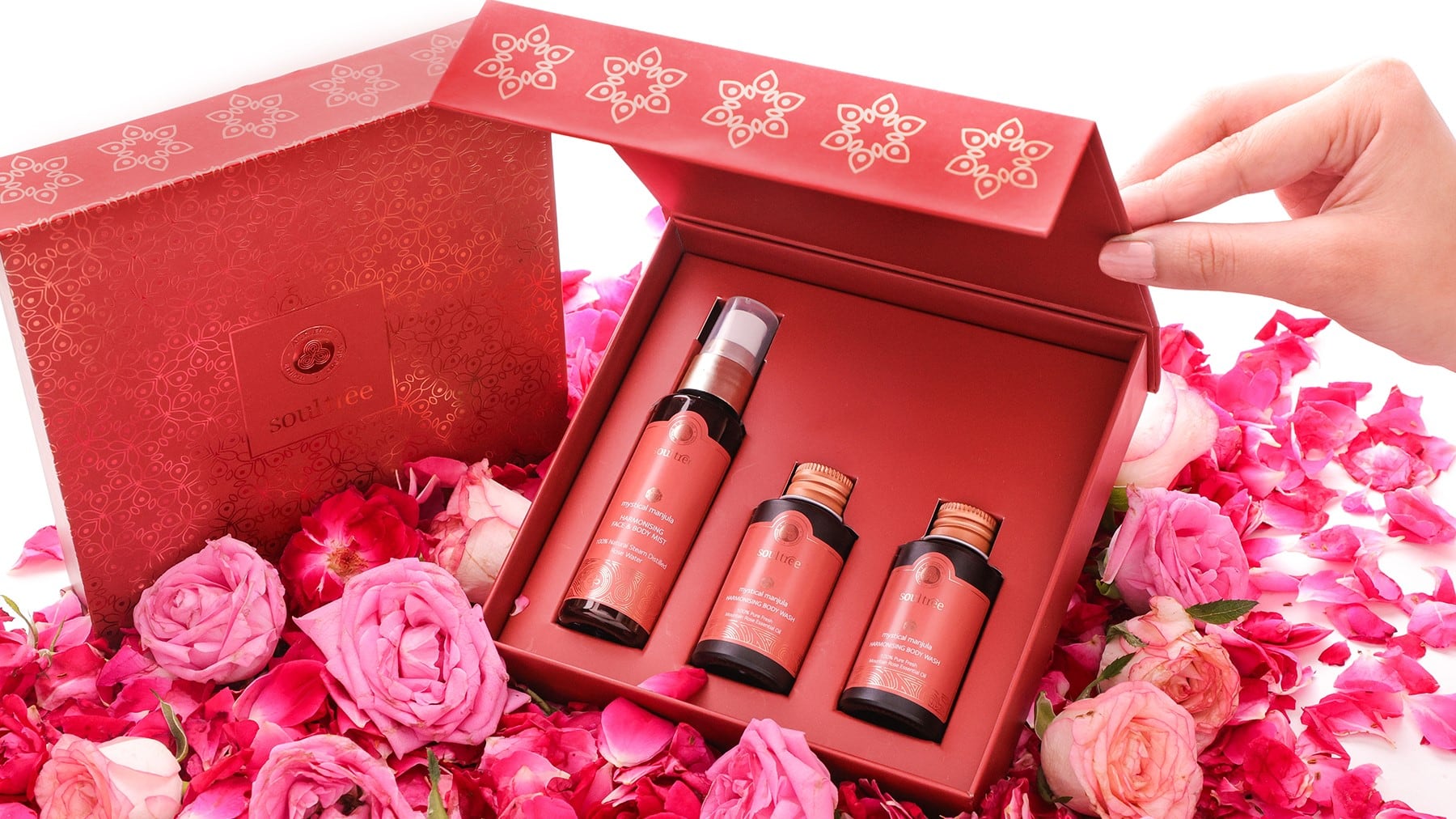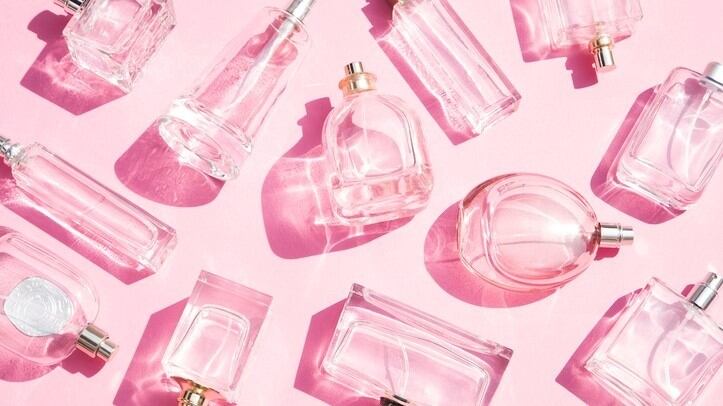With today’s hectic lifestyle, a full eight hours of sleep is a luxury. Quality sleep plays a crucial role in promoting both physical and mental well-being, supporting a range of functions that are vital for overall health – and skin.
“We're all facing more stress in our daily lives. And this obviously impacts the skin as well as impact sleep,” said Belinda Carli, cosmetic chemist and director of the Institute of Personal Care Science.
However, while there is potentially massive demand, the problem is that manufacturers are not able to make any direct claims related to sleep, resulting in a grey area for both brands and consumers.
Carli told Beauty Broadcast: “One of the reasons why you might not specifically know that a brand has one of these actives in the formula is because you can't claim that a cosmetic product is going to help you sleep better, you can't claim that a cosmetic product is going to have that circadian rhythm impact because these are all physiological type claims. And they're not permitted on cosmetics, just under the definition of what is a cosmetic product and the regulations for marketing claims with cosmetics.”
The science of sleep and skin
When sleep is disrupted or insufficient, scientific evidence indicates that it adversely affects our skin.
“There are several studies that have been conducted into looking at how sleep can affect the physiology of the body as well as the skin. They have definitely found that a lack of sleep can reduce skin suppleness, skin cell turnover, elasticity of the skin, it can also lead to an increase in wrinkles,” she explained.
“Skin hydration was another thing that they were able to measure quite easily in some of those studies. And that increases as the number of sleepless nights increases. So that again, shows or explains why the skin looks less supple and an increase in wrinkles, because the dry the skin, the more that that will show.”
It is no wonder that beauty products that claim to enhance or mimic the benefits of sleep have experienced significant interest in recent years.
As beauty becomes more intertwined with wellness, the industry has seen a huge potential in offering solutions that can help mitigate the issues associated with the lack of sleep. The research has led companies to develop different ways to achieve this.
“You have some that have a melatonin-type effect on the circadian rhythm. And then you will have others that have a lot to do with the aromatic principles, which again, works in a similar type of way, but works through the olfactory pathways, as well as usually through the topical layers of the skin,” said Carli.
To hear more insights from Belinda about sleep-centric beauty products, check out the video above.




